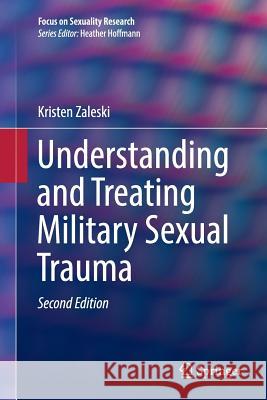Understanding and Treating Military Sexual Trauma » książka
topmenu
Understanding and Treating Military Sexual Trauma
ISBN-13: 9783030088439 / Angielski / Miękka / 2019 / 163 str.
Kategorie:
Kategorie BISAC:
Wydawca:
Springer
Seria wydawnicza:
Język:
Angielski
ISBN-13:
9783030088439
Rok wydania:
2019
Wydanie:
Softcover Repri
Numer serii:
000454863
Ilość stron:
163
Waga:
0.27 kg
Wymiary:
23.39 x 15.6 x 1.02
Oprawa:
Miękka
Wolumenów:
01
Dodatkowe informacje:
Wydanie ilustrowane











